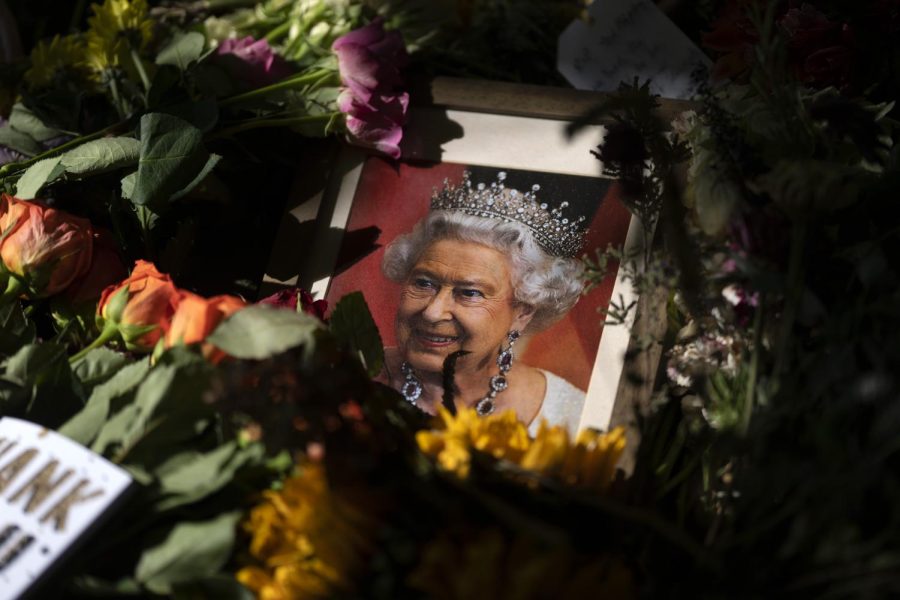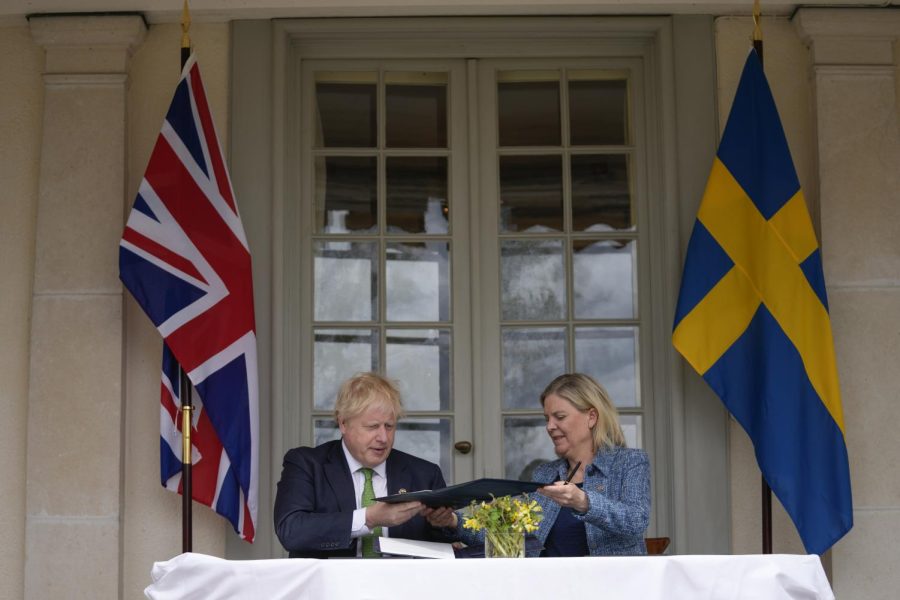Annual Goalkeepers Report is Grim Reminder of Stark Disparities
AP Images
The annual goalkeepers report shows that those who are poor were most likely to have to work throughout the pandemic and die from COVID-19 and its variants.
October 29, 2021
Despite the missing immediate appearance in the 76th United Nations meeting, the Bill and Melinda Gates Foundation published the annual goalkeepers report, designed to report primarily on poverty-related issues both internationally and nationally.
The data tells a surprising story, according to the report: millions more in extreme poverty, growing gaps in education, more children missing vaccines, COVID vaccine distribution inequality, growing investments for communities and women in poor regions, crisis preparation, and more.
“Over the past year, it has been impossible to ignore stark disparities not only in who has gotten sick and who has died – but also in who had to go to work, who could work from home, and who lost their jobs entirely,” the site says in an introduction to the data. “Health inequalities are as old as the health systems themselves, but it took a global pandemic to forcefully remind the world of their consequences.”
This statement isn’t without merit; the number of those in poverty is sharing trends with health and education treatment between social classes: climbing.
According to the published data, COVID-19 has sent an additional 31 people into extreme poverty. These consequences are not equal between men and women. While men are 70% more likely to die from the virus, women still are overly affected by the economic and social impacts of the pandemic.
Women’s employment globally is expected to stay below the 2019 employment level by 13 million, while men are expected to recover fully more rapidly.
By the same token, some economies are beginning to recover by re-providing jobs and business. However, this is inequal to a third of low- and middle-income economies; most citizens in these nations are projected to remain in extreme poverty in 2030.
Similarly, it’s shown that different social classes are demonstrating growing gaps in education. Even before the pandemic, nine out of 10 minors in low-income countries were unable to read basic language, compared to one in 10 in high-income countries.
Nationally, this is reflected on a similar curve according to the report. In the United States, learning loss among Black and Latino third grade students was roughly double of what white and Asian American students had.
The data coverage continues to reveal additional issues, such as the missing vaccines because of the pandemic. 10 million less children globally missed vaccinations due to the pandemic. The report states “it’s possible that many of these children will never catch up on doses.”
Despite a grave plaque of data, not everything has gone for a worse turn. The report says “people [are] stepping up”; for example, a malaria epidemic was prevented due to a projection from the World Health Organization that spun efforts for African nations to quickly develop countermeasures.
COVID-19 has also shown the “miracle” of vaccines. The report states new vaccines usually take 10-15 years to make, and thus, the development of multiple high-quality COVID-19 vaccines in less than a year is unprecedented. To supplement this, the “long-term promise” of genomic sequencing has come arise. Genomic sequencing helps find and track new variants of a virus.





















